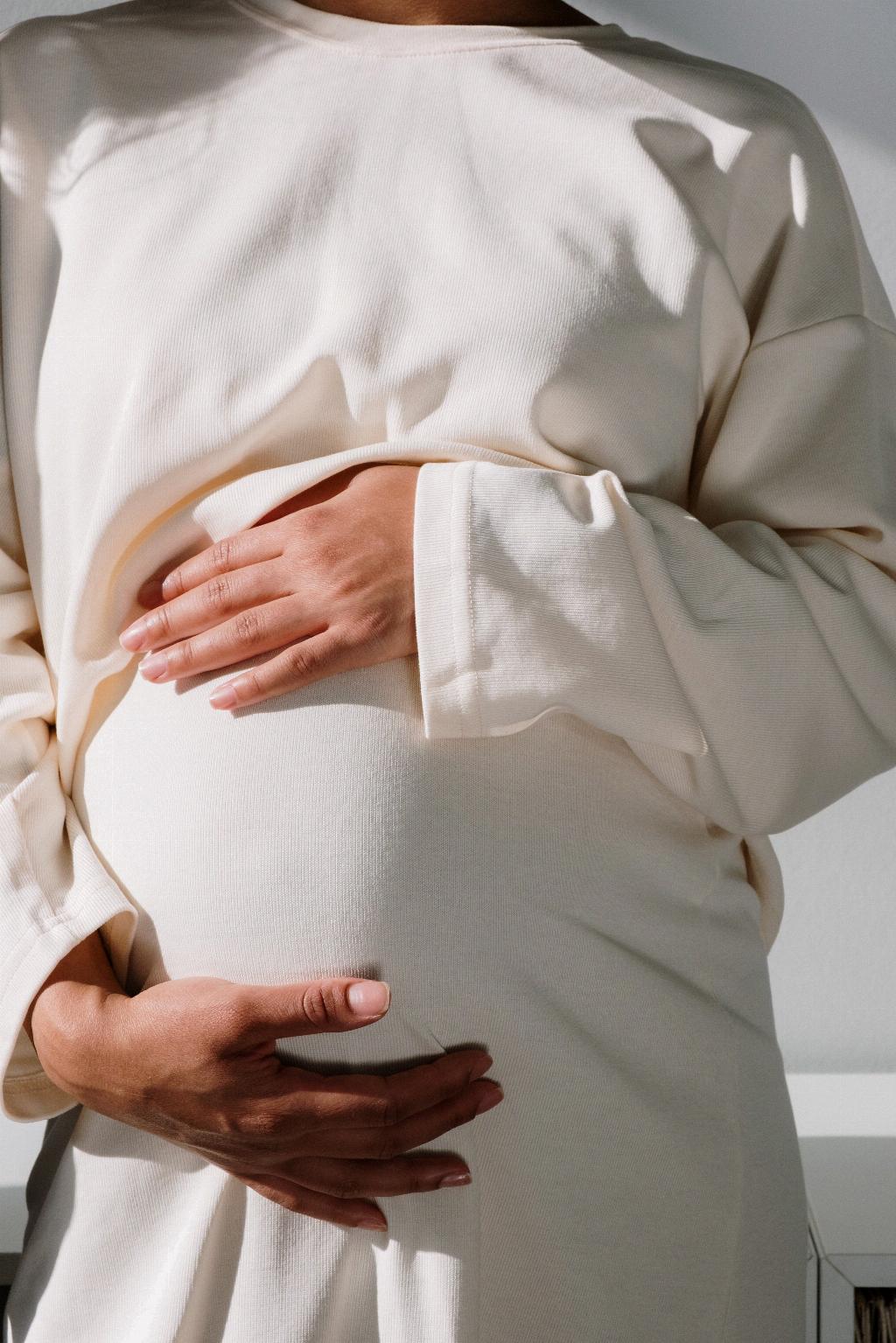When it comes to maintaining a healthy lifestyle during pregnancy, the beverages you consume play a crucial role in ensuring the well-being of both you and your developing baby. It’s important to be mindful of what you drink, as certain beverages can have an impact on your pregnancy. Let’s explore a variety of drinks that are safe to consume during pregnancy, as well as those that are best avoided.
Mineral Water
Mineral water is a great option for staying hydrated during pregnancy. It is free from caffeine and provides essential minerals that are beneficial for both you and your baby. Opt for mineral water that is low in sodium, and you’ll be on the right track to meeting your hydration needs.
Tonic Water
Tonic water can be a refreshing choice during pregnancy. While it is safe to consume in moderation, be mindful of its sugar content. Opt for sugar-free varieties to avoid excessive sugar intake, especially if you are dealing with gestational diabetes.
Plastic Bottled Water
Water from plastic bottles is generally safe to drink during pregnancy. Make sure to choose BPA-free bottles to minimize any potential risks associated with chemicals leaching into the water. Staying hydrated with water is vital for your overall health and the development of your baby.
Juices
Natural fruit juices can be a nutritious addition to your pregnancy diet. Opt for freshly squeezed juices or those without added sugars. Be mindful of portion sizes, as consuming too much juice can lead to excess calorie intake.
Smoothies
Smoothies are a fantastic way to pack in essential nutrients during pregnancy. You can customize your smoothies with a variety of fruits, vegetables, and dairy or plant-based milk. Just be cautious of adding excessive amounts of sugar or high-calorie ingredients.
Sweetened Carbonated Drinks
While it’s okay to indulge in sweetened carbonated drinks occasionally, it’s best to consume them in moderation during pregnancy. These drinks often contain high levels of sugar and calories, which can contribute to excessive weight gain if consumed regularly.
Coffee and Tea
Coffee and tea can be enjoyed in moderation during pregnancy. Caffeine intake should be limited to around 200 milligrams per day, which equates to about one 12-ounce cup of coffee. Opt for decaffeinated versions or herbal teas if you’re looking to reduce your caffeine consumption.
Alcohol
Alcohol is a beverage that should be completely avoided during pregnancy. Consuming alcohol during pregnancy can lead to a range of serious health issues for the baby, including fetal alcohol spectrum disorders. It’s best to steer clear of alcohol entirely to protect the well-being of your unborn child.
Unpasteurized Milk
Avoid consuming unpasteurized milk during pregnancy, as it can contain harmful bacteria such as Listeria, which poses a risk to both you and your baby. Opt for pasteurized milk products to ensure that you’re getting the necessary nutrients without any potential health hazards.
Kombucha
Kombucha is a fermented tea beverage that should be avoided during pregnancy. While kombucha is generally considered safe for healthy individuals, its unpasteurized nature and potential alcohol content make it unsuitable for pregnant women. It’s best to err on the side of caution and choose alternative beverages.
Final Thoughts
Overall, it’s important to be mindful of the beverages you consume while pregnant. Opt for hydrating options such as water, mineral water, and juices, and limit your intake of caffeinated drinks like coffee and tea. Avoid alcohol, unpasteurized milk, and kombucha to ensure the safety and well-being of both you and your baby. Keep your health a top priority by making informed choices about what you drink during this special time in your life.

